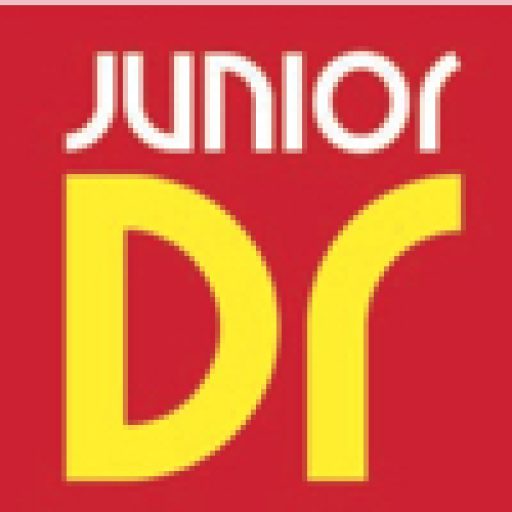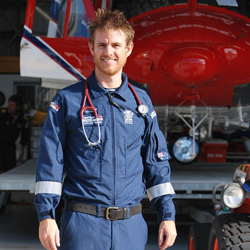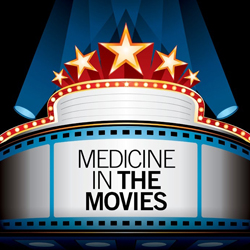 As a junior doctor you can develop your leadership competencies by being proactive and consciously assuming greater responsibilities around leadership activities; the Medical Leadership Competency Framework provides a range of practical examples of opportunities for learning and development.
As a junior doctor you can develop your leadership competencies by being proactive and consciously assuming greater responsibilities around leadership activities; the Medical Leadership Competency Framework provides a range of practical examples of opportunities for learning and development.
Clinical training might include a higher degree in a subject allied to medicine and might also count towards your certificate of completion of training (CCT). In the past, these have included leadership positions, vocational or academic qualifications and overseas posts that are not part of an approved programme. OoPTs require prospective approval from the General Medical Council (GMC) and candidates can retain their national training numbers during this period.
Establish clinics, participate in management meetings and volunteer to undertake additional leadership responsibilities; closely observe selected role models in order to identify effective leadership behaviours; attend a postgraduate leadership course so as to gain exposure to unfamiliar scenarios and new theoretical models and identify your personality and leadership styles by completing self-assessment questionnaires.
Additional opportunities for leadership development, both pre- and post the transition to consultant grade are outlined below and learners are encouraged to blend learning opportunities. Each development tool and method has its own advantages and disadvantages and the right approach will depend upon individual and organisational circumstances and goals.
Opportunities for leadership development
- Action learning – working as part of a small group of peers or an ‘action learning set’ to address real life problems, develop solutions and take action
- Coaching – a time-limited, goal-orientated, one-to-one developmental relationship based on real work issues
- Developmental work assignments – learning from ongoing work initiatives and integrating these experiences with each other and strategic organisational imperatives
- Mentoring – a long-term, open-ended, one-to-one developmental relationship in which a senior colleague supports the personal and professional development of a junior colleague
- Leadership within a team – motivating team members, leadingthrough change, confronting poor performance, delivering results (by achieving objectives) and encouraging and supporting the professional development of team members
- Networking – creating interdependent and often mutually beneficial relationships
- Self-directed learning – taking responsibility for finding, managing and assessing one’s own learning eg. basic internet research, reading leadership books and journal articles, attending and contributing to networks and forums
- Shadowing – provides opportunities to observe and understand an unfamiliar part of a system without being required to act
- Workshops and masterclasses – time limited learning sessions focused on specific topics which provide opportunities to gain up-to-date information, develop particular skills and to share learning
- Workshops delivered by experts in their field are called masterclasses
Developmental experiences are likely to have the greatest impact when they can be linked to or embedded in your ongoing work. You should adopt a cumulative approach to learning, considering basic concepts and local systems early on in your training and complex concepts and wider systems when more established.
Regular, accurate and honest appraisals, grounded in the Medical Leadership Competency Framework, can offer insight into your leadership strengths, abilities, gaps and developmental needs as you progress in your career. Seize opportunities to reflect, individually and with colleagues, and to promote deep learning as a means of realising positive changes in your thinking and behaviour. When confronted by a new leadership framework or approach it is helpful to ask “how does this apply to my situation” and “how can I do things differently in the future?”.
A significant temptation for a newly appointed consultant is to accept every leadership role and opportunity that is offered; this approach, however, is an inappropriate use of resources, limits teamwork and team development, fails to foster the skills of others and may increase levels of stress. Conversely over-delegation risks establishing unrealistic expectations and stretching individuals beyond their competencies to the detriment of patient care and team well being.
Dr Michael Hobkirk
Michael is the Lead Consultant for Chichester Child and Adolescent Mental Health Service and the Specialist Advisor for Leadership Development at the Royal College of Psychiatrists
Summary
- LEADERSHIP IS A KEY COMPONENT OF YOUR PROFESSIONAL DEVELOPMENT AND AN ONGOING PROCESS
- REFLECT UPON YOUR LEADERSHIP COMPETENCIES AND LEARNING NEEDS USING THE MEDICAL LEADERSHIP COMPETENCY FRAMEWORK AS A GUIDE
- THERE ARE NUMEROUS INFORMAL AND FORMAL OPPORTUNITIES FOR LEADERSHIP DEVELOPMENT
- STRIKE A BALANCE BETWEEN TAKING ON NEW ROLES AND DELEGATING WORK TO OTHERS
References
NHS Institute for Innovation and Improvement, Academy of Medical Royal Colleges (2010) Medical Leadership Competency Framework, 3rd edn.



